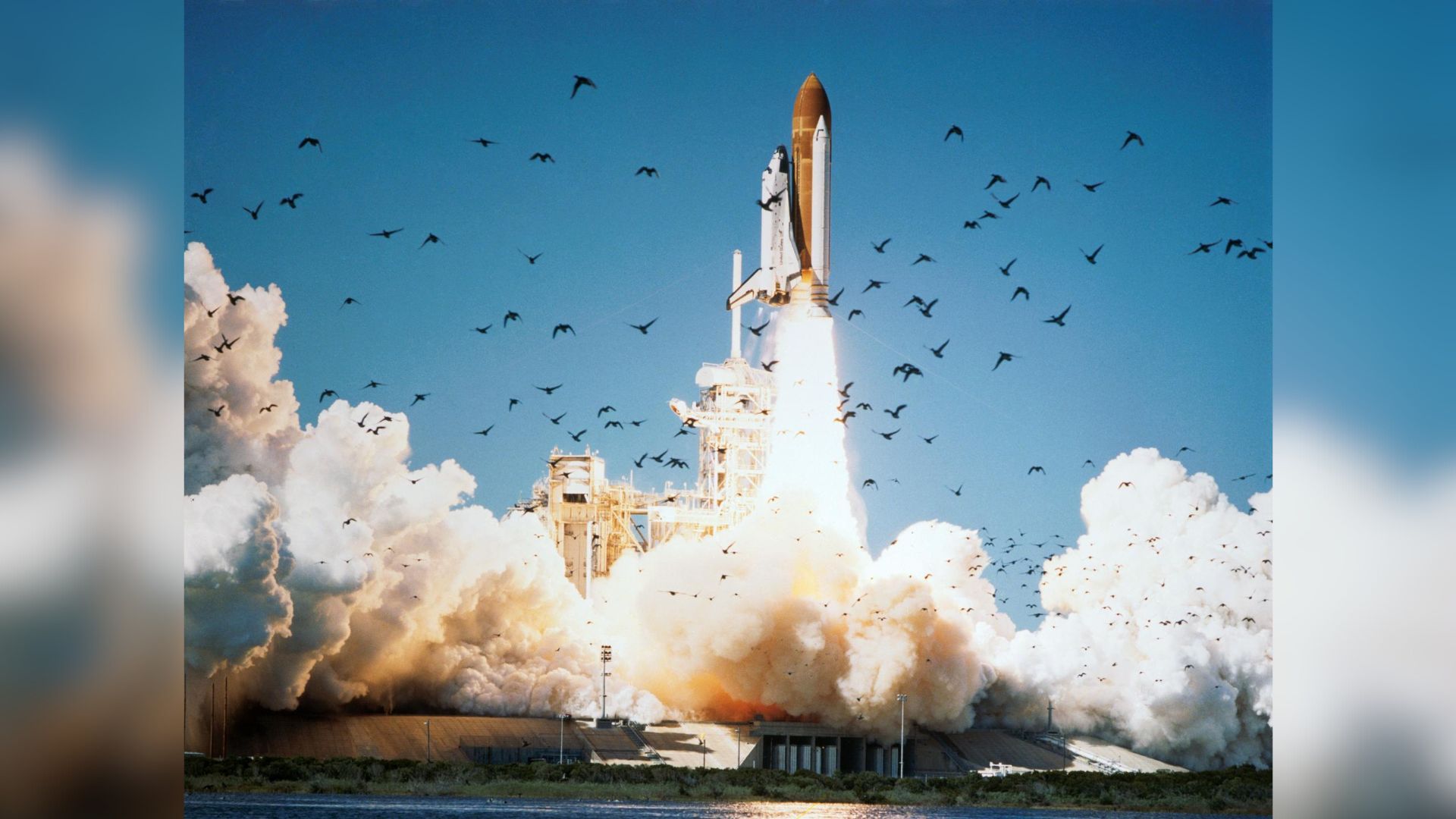Soyuz rocket launches Russian GLONASS-K navigation satellite

Russia just added a new satellite to its navigation network.
A Soyuz rocket topped with the fifth satellite in Russia's GLONASS-K series launched on Sunday (Oct. 9) at 10:52 p.m. EDT (0252 GMT and 5:52 a.m. Moscow time on Oct. 10) from Plesetsk Cosmodrome, in the northwestern part of the country.
The satellite reached orbit successfully, then received the designation Kosmos-2559, according to RussianSpaceWeb.com.
GLONASS is short for "Global'naya Navigatsionnaya Sputnikovaya Sistema," which translates as "Global Navigation Satellite System." As that name suggests, it's similar to the United States' satellite global positioning system (GPS), which is known as Navstar.
The U.S. and Russia view having their own GPS networks as a national security imperative. And they're not alone in such thinking; Europe and China also have homegrown satnav constellations, called Galileo and Beidou, respectively.
The first GLONASS satellite lifted off in 1982. The Russian network currently consists of about two dozen operational spacecraft. The K series is the most up-to-date version; it's designed to replaced the discontinued GLONASS-M line, RussianSpaceWeb reported.
The newly launched satellite weighs about 2,100 pounds (950 kilograms) and is designed to operate for at least 10 years, according to RussianSpaceWeb. Its orbit lies about 11,870 miles (19,100 kilometers) above Earth.
Breaking space news, the latest updates on rocket launches, skywatching events and more!
Mike Wall is the author of "Out There" (Grand Central Publishing, 2018; illustrated by Karl Tate), a book about the search for alien life. Follow him on Twitter @michaeldwall. Follow us on Twitter @Spacedotcom or on Facebook.

Michael Wall is a Senior Space Writer with Space.com and joined the team in 2010. He primarily covers exoplanets, spaceflight and military space, but has been known to dabble in the space art beat. His book about the search for alien life, "Out There," was published on Nov. 13, 2018. Before becoming a science writer, Michael worked as a herpetologist and wildlife biologist. He has a Ph.D. in evolutionary biology from the University of Sydney, Australia, a bachelor's degree from the University of Arizona, and a graduate certificate in science writing from the University of California, Santa Cruz. To find out what his latest project is, you can follow Michael on Twitter.
